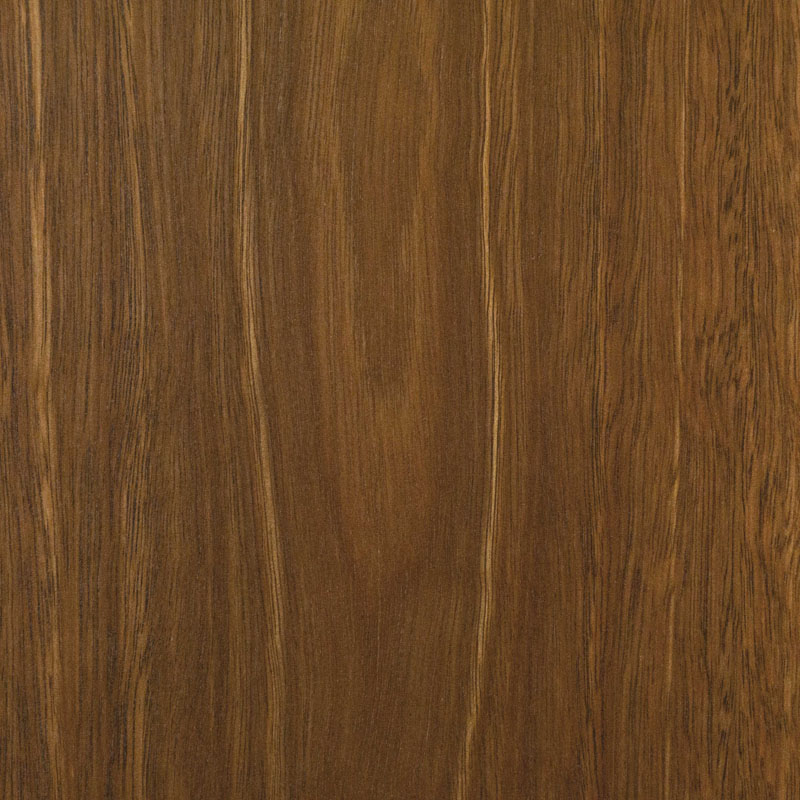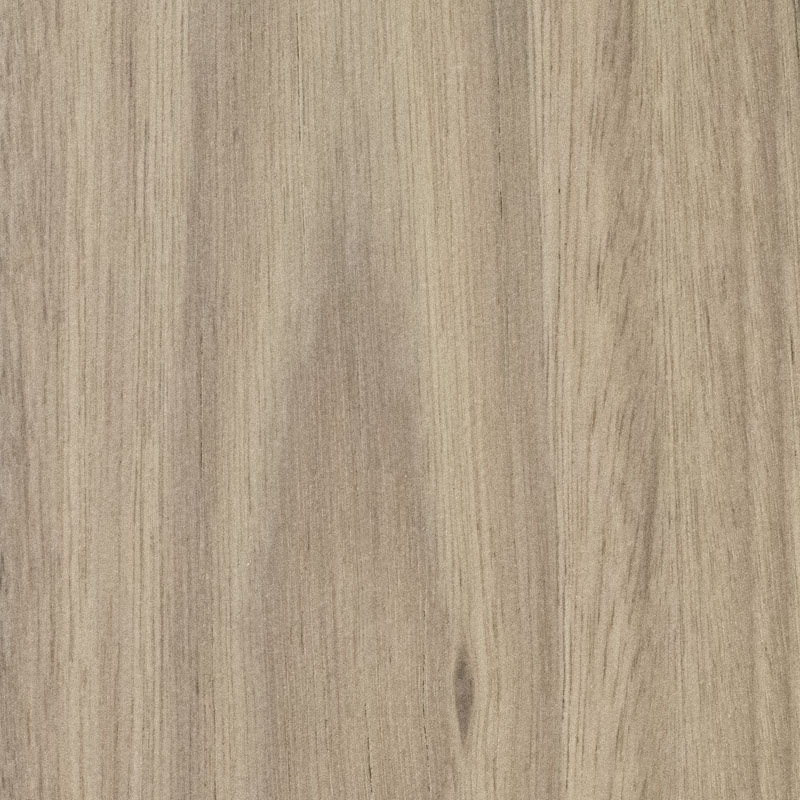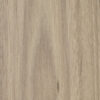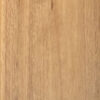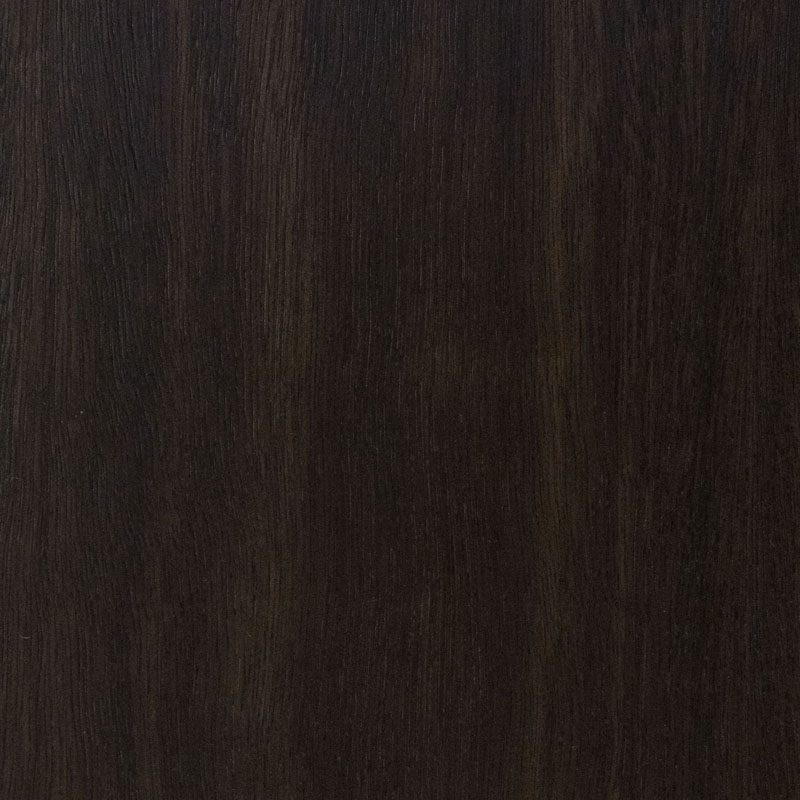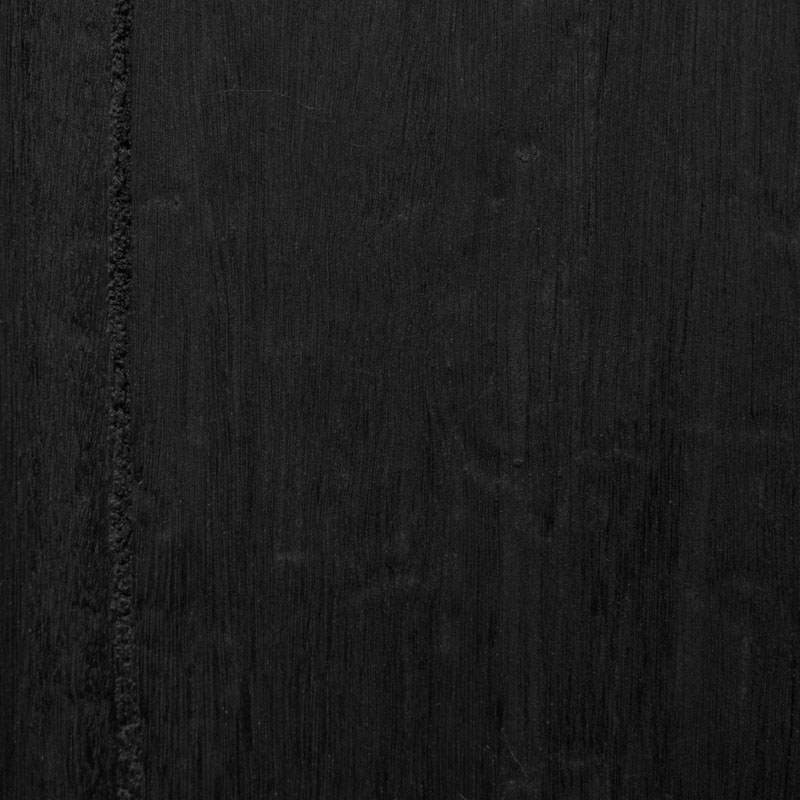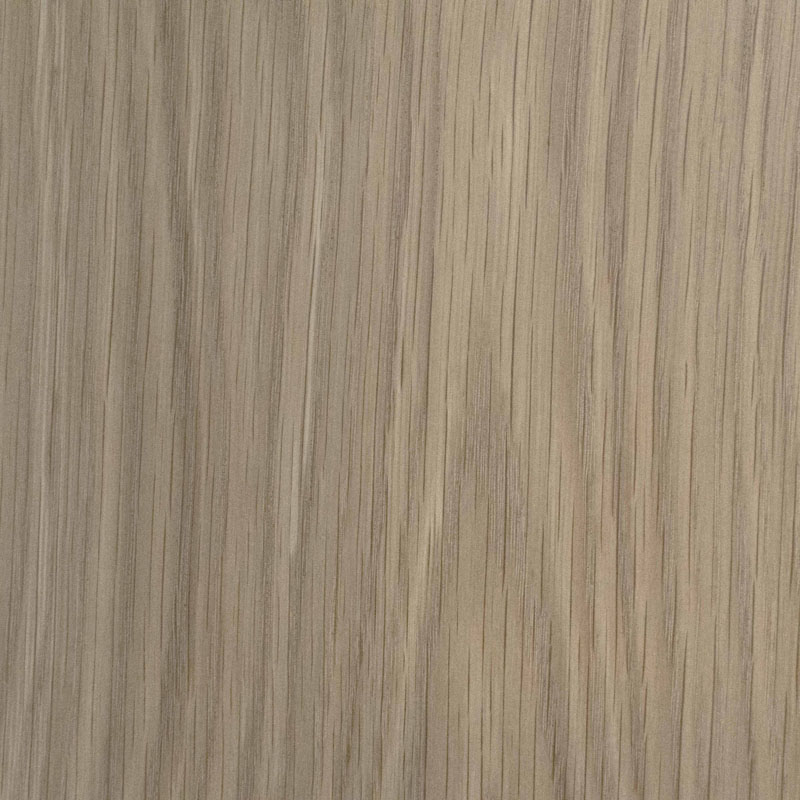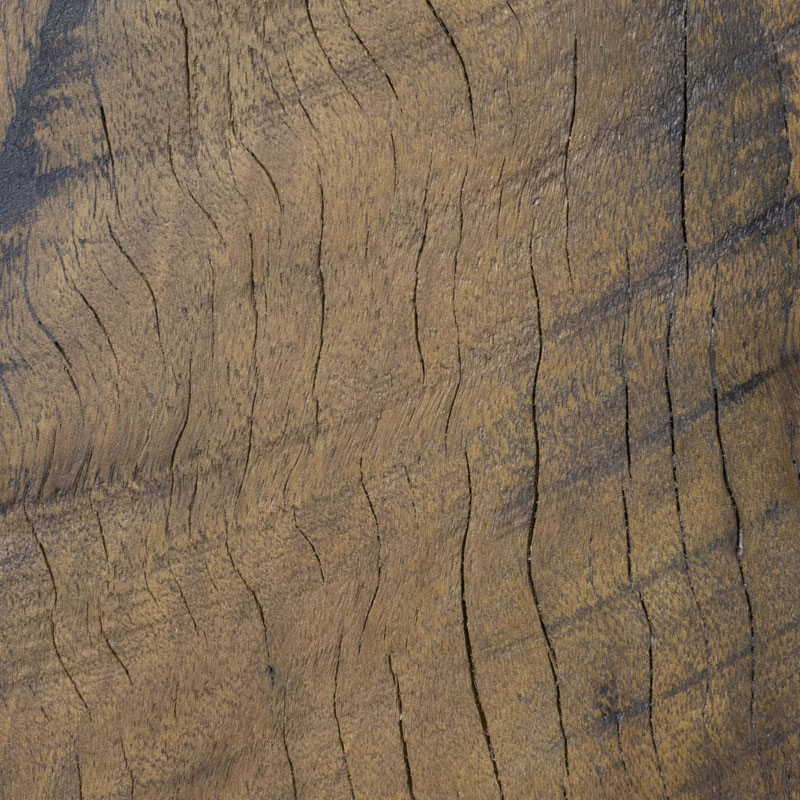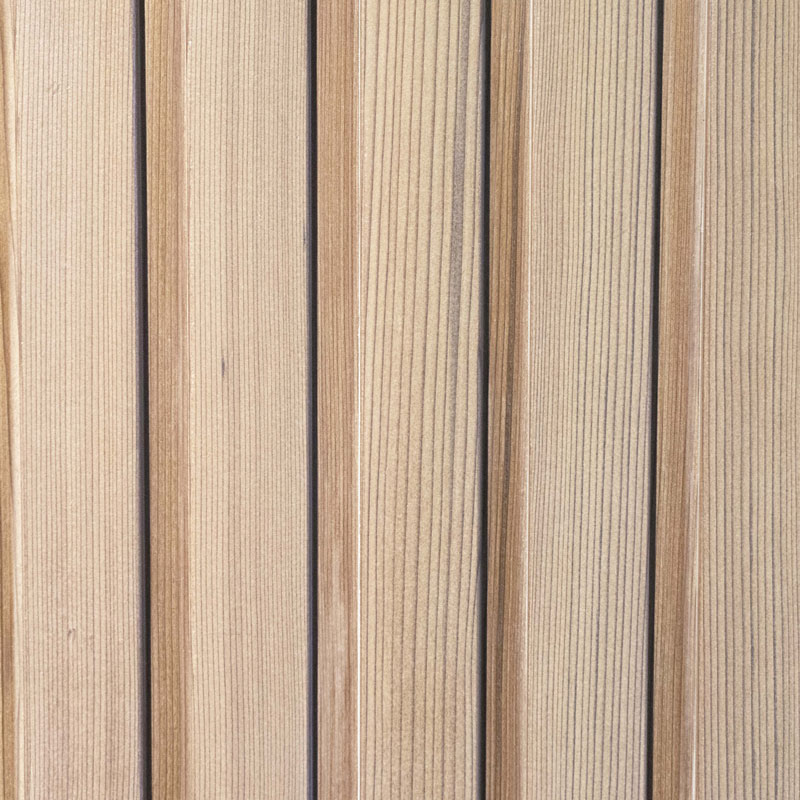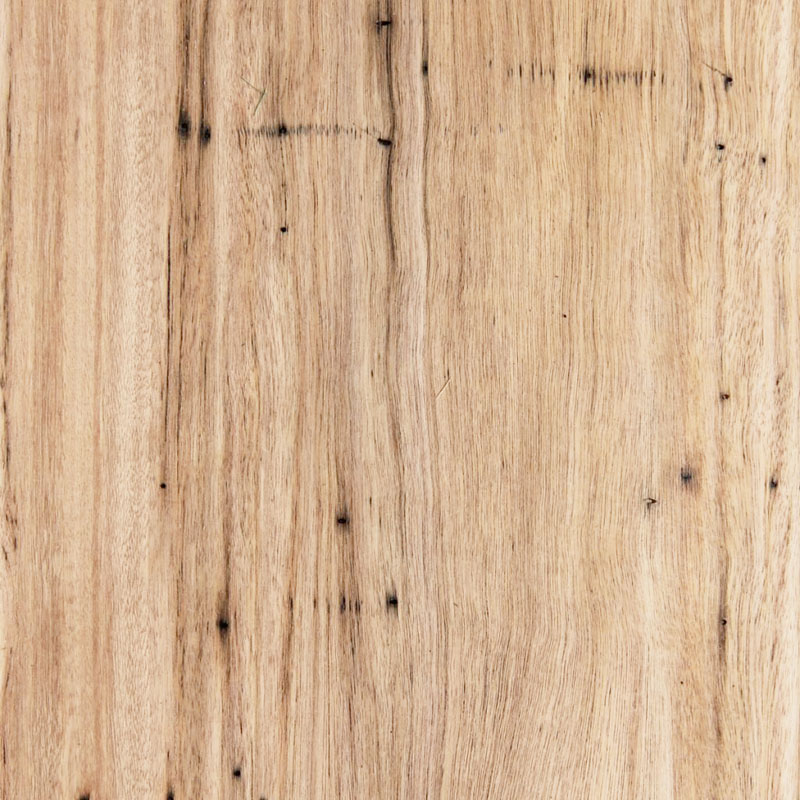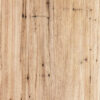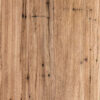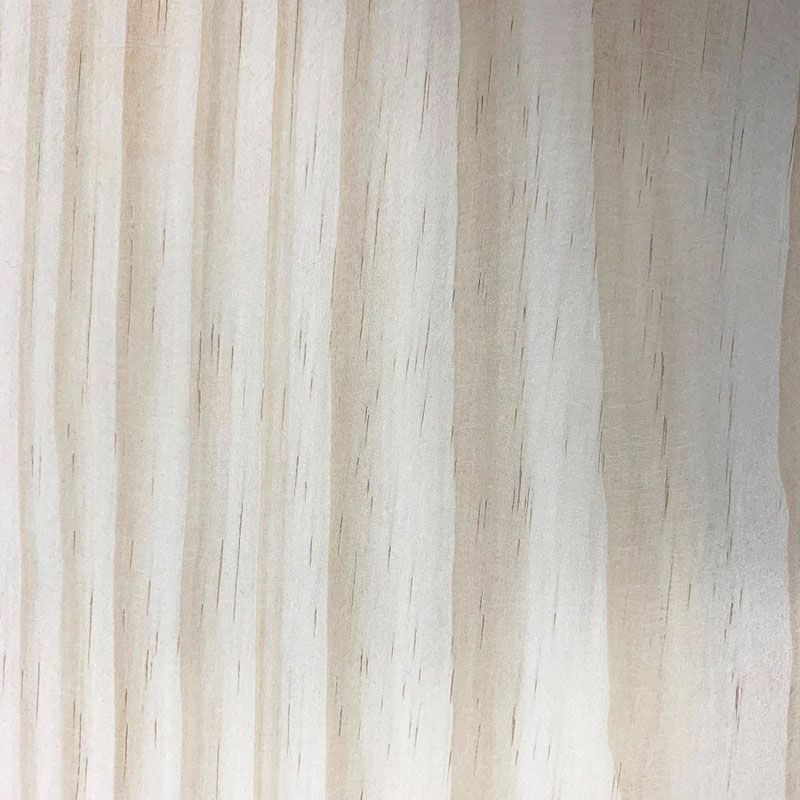Timbers we use
A detailed overview of the timbers we use including how and where best to use them.
Spotted Gum
Heartwood pale to dark brown or chocolate. Texture moderately coarse. Grain variable, the frequent presence of wavy grain produces an attractive fiddleback figure. Gum veins common.
Hardness (janka)(kN) 11.0 | Durability – Class 1 | Density 950 | Tangential Shrinkage 6.0% | Origin – Australia | BAL 29
Blackbutt
Heartwood is pale brown, but northern material may sometimes display a slight pinkish tinge. Sapwood is distinctively paler. Texture medium and even. Grain usually straight. Gum veins are common.
Hardness (janka)(kN) 9.0 | Durability – Class 1 | Density 900 | Tangential Shrinkage 7.0% | Origin – Australia | BAL 29
Available in:
Roasted Blackbutt
Roasted Blackbutt is a high temperature thermally modified hardwood that uses a custom designed heating program to alter the wood’s molecular structure. This has many benefits that include locking in the colour, increasing the durability and limiting movement to a fraction of normal kiln dried Blackbutt.
Hardness (janka)(kN) 9.5 | Durability – Class 1 | Density 1000 | Tangential Shrinkage 3.0% | Origin – Australia | BAL 29
Charred Timber
Charred Timber uses the ancient Japanese craft of fire treatment called Shou Sugi Ban. Applying the fire treatment forces an additional barrier of protection against insect attack and decay, furthermore increasing the species overall durability.
Hardness (janka)(kN) 9.5 | Durability – Class 1 | Density 900 | Tangential Shrinkage 7.0% | Origin – Australia | BAL 29
American Oak
Similar in colour and appearance to European oak. The sapwood of American white oak is light coloured and the heartwood is light to dark brown. White oak is mostly straight grained with a medium to coarse texture. White oak therefore has more figure. Also known as Northern White Oak, Southern White Oak.
Hardness (janka)(kN) 6.0 | Durability – Class 3 | Density 770 | Tangential Shrinkage 5.0% | Origin – North America
Australian Recycled Timber
We predominantly use Recycled Spotted Gum and Recycled Blackbutt, retaining their aged rustic patina. Using recycled timber is a great choice for the environment and ensures you get a truly one of a kind door.
Hardness (janka)(kN) 11.0 | Durability – Class 1 | Density 950 | Tangential Shrinkage 6.0% | Origin – Australia | BAL 29
Western Red Cedar
Heartwood variable, from pale brown to dark brown. Sapwood is yellowish white. Texture fine but uneven due to the prominent growth rings. Grain straight. Not resinous. Also known as Red Cedar, American Cedar.
Hardness (janka)(kN) 2.0 | Durability – Class 2 | Density 380 | Tangential Shrinkage 3.0% | Origin – North America
Wormy Chestnut
Trees are affected by wildfires, years of drought and attack by insects. Flood and strong winds stunt their growth with each piece showing nature’s signature. Deep gum veins formed by fire, ambrosia beetle marks, pin holes and squiggly worm marks are all evident. Also known as Southern Blackbutt, Chestnut.
Hardness (janka)(kN) 8.0 | Durability – Class 3 | Density 800 | Tangential Shrinkage 6.0% | Origin – Australia
Available in:
Accoya – Radiata Pine
Accoya wood is chemical free modified timber using acetylation, which enables it to resist rot and defy the elements. Guaranteed for 50 years above ground and 25 years in ground. Accoya long life wood is a leading material that stands up to every application challenge.
Hardness (janka)(kN) 4.1 | Durability – Class 1 | Density 515 | Tangential Shrinkage 0.8% | Origin – Europe
